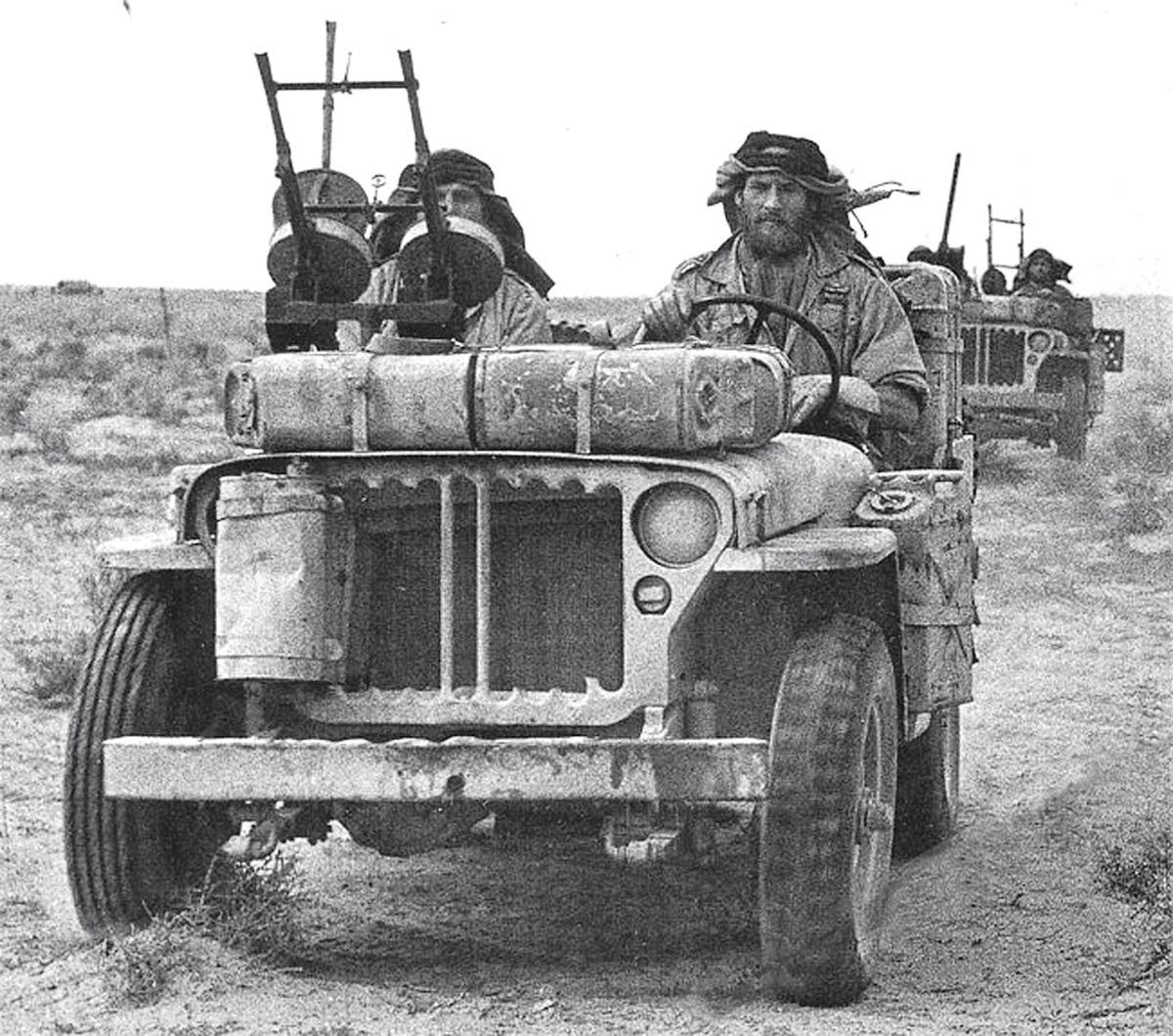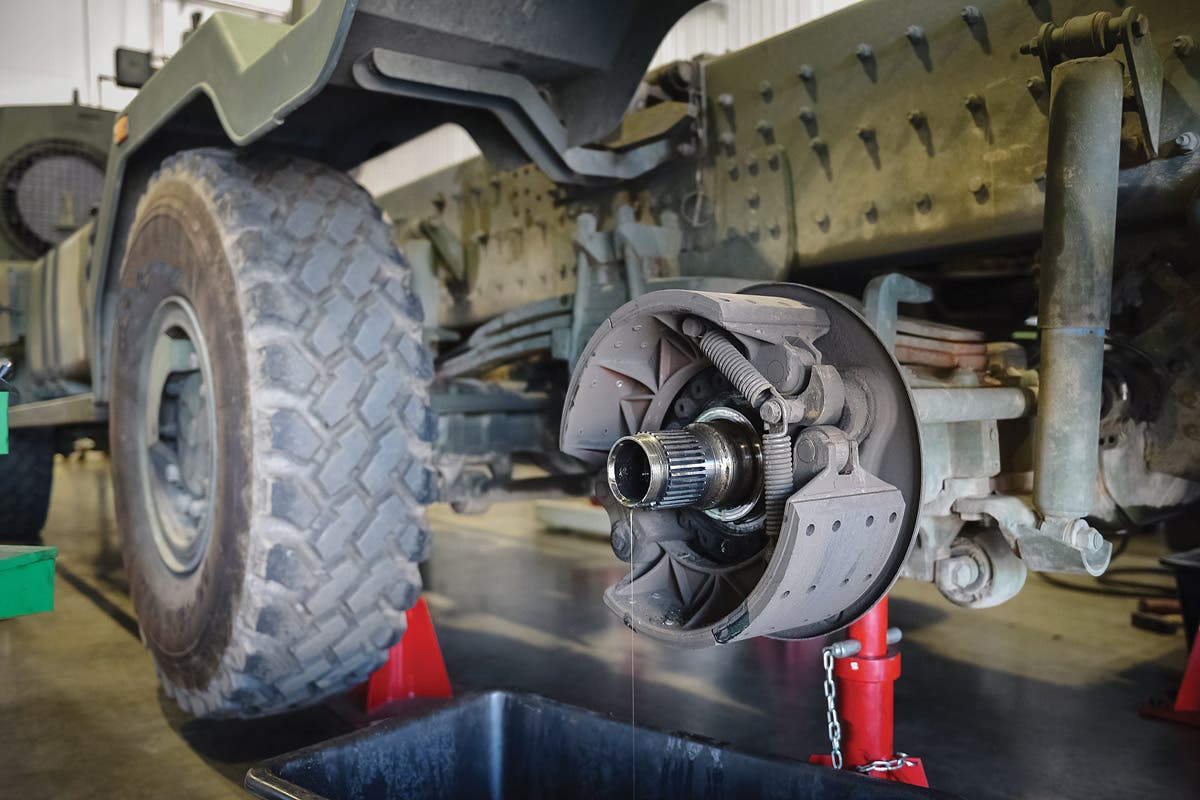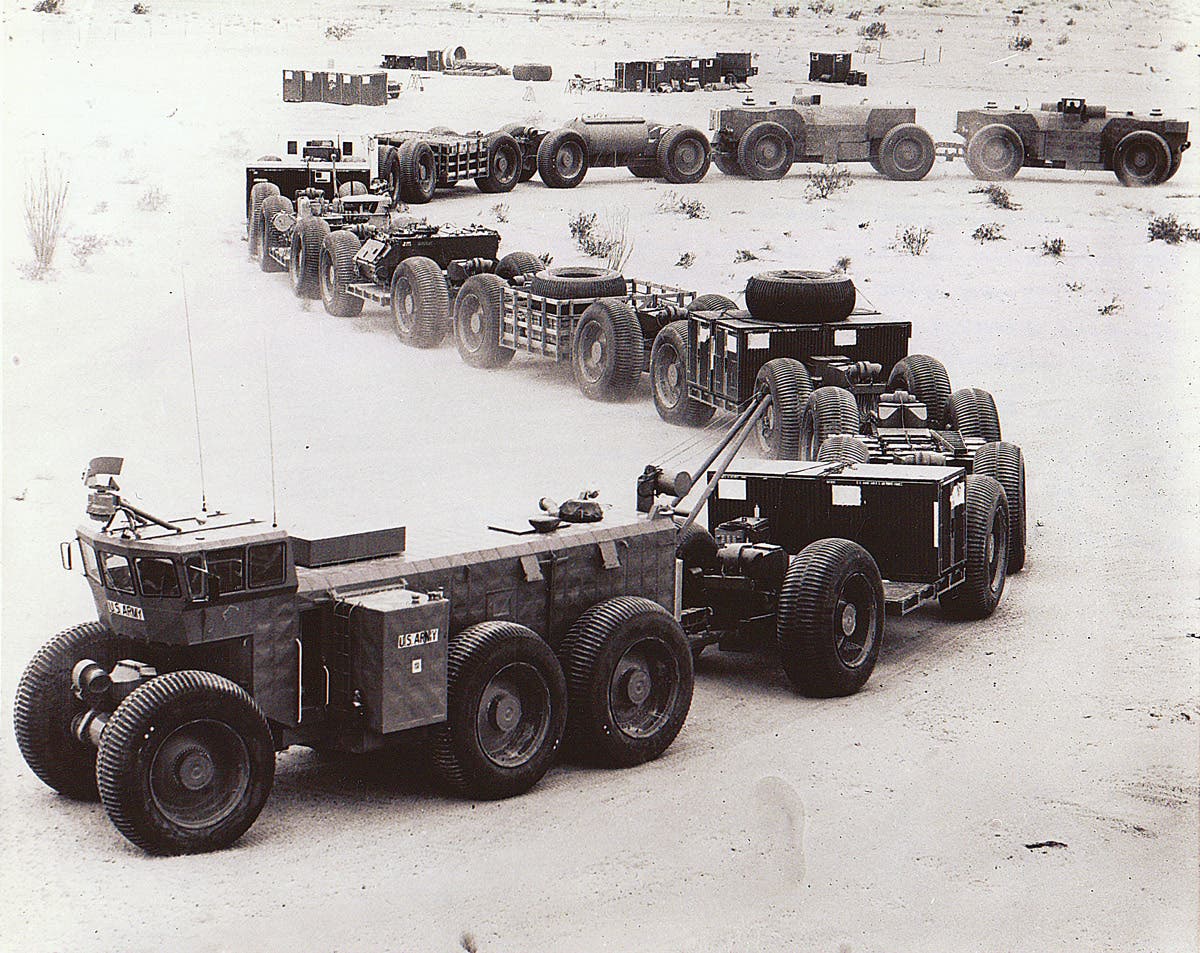Tech Tips 2020 no. 4
Steve Turchet dives into what is ailing your military vehicle
WAKE UP CALL
I sure look forward to getting Tech Tips in the MVM. I have not had time to enjoy my M38A1, but soon will. The M38A1 has been in storage for 14 years, unheated, on jack stands. It needs some TLC: Tires, brakes, and engine. What should be done with the engine if it can not be turned over? Is there anything I should know about the radiator, gear box, or electrical? Have these questions been covered in MVM? I don't remember when the first magazine arrived years ago. Keep up the good work and thanks very for all the information we get.—Douglas Barber
Thank you for your kind words about MVM and Tech Tips. Congratulations on your “new” jeep! I wrote two articles that you might find helpful. One is “Long Term Vehicle Storage” and the other is “Waking Up MV Zombies.” I think they’re both available on the MVM site, as well as on CD. I’ve also written several Tips about frozen engines. Let me know if you can’t find the articles. They contain a lot more information than I could put in a letter. If you can’t get the articles, write back to me, and I’ll do my best to answer your questions.
NOT ALWAYS LIKE A LIGHT BULB
MVM is a great magazine and Tech Tips is always the first thing I read, being a military vehicle mechanic in training thanks to my M38 which I bought 3 years ago.
I have a puzzle that I hope you can solve. I was driving the jeep about a month ago on the road at 50 mph. Suddenly the engine began to sputter and made that gasping sound that you hear when an engine runs out of gas. Then it died, and I stopped.
The fuel gauge showed between 1/4 and Empty so I knew it was low. I poured in the gas from my Jerry can and after some long cranking on the starter, the engine started again, and I was on my way.
Everything was fine. But a week later, the same thing happened but this time the gas tank was almost full. I thought there might be water in the gas, so when I got home, I drained the gas tank but did not find any water. Then my jeep did the same thing again. I checked all the gas lines and the filter. No leaks or clogs. I’m stumped.—Mark D.
It sounds as if you’ve checked most of the obvious causes for your problem, beginning with the most obvious: Simply running out of gas. While there could be several other reasons this is happening,— and some of them have nothing to do with your M38’s fuel system — I’m going to take a guess and suggest you check out your fuel pump.
While one may usually regard a fuel pump (or an ignition coil) as being like a light bulb that either works or doesn’t, both components may sometimes give warning signs before they fail completely. Since you mentioned your engine made the sucking sound that usually indicates fuel starvation, I’m going to stay with the fuel system — rather than suspect an electrical or ignition problem — to suggest that your fuel pump might be failing.
Another possible indication of this would be if you pulled the dipstick and smelled gas in the engine oil, though this is not always the case when a mechanical fuel pump is failing. Please let us know what happens.
IT’S YOUR TRUCK
I don’t believe that overpriced synthetic oil or additives do any good. The transmission in my 1968 AM General deuce was noisy and all synthetic oil did was leak out. 140 weight oil works much better, and the transmission is a lot quieter.
It’s your truck. 140 weight oil doesn’t leak as much and quiets down worn gears and bearings only because it’s thick. Just think how much quieter and even less leaky your transmission would be if you filled it with wheel bearing grease.
The reason your transmission was leaking was worn out seals, gaskets, and /or a plugged vent. And the reason it’s noisy is that it’s worn. 140 weight oil is too heavy to properly lubricate that type of transmission.
I hear a lot of arguments saying that “when 90w gear oil gets hot it’s only 50w,” but don’t you think the transmission manufacturer knew this?
TACH TIP
I have a 1963 Willys M676 with the Willys flat head six-cylinder engine. Is there any way to hook up a mechanical tachometer?— Clyde B.
Just about anything is possible if one has the skills and determination to do it. Most mechanical tachometers on gasoline engines were driven off the distributor, which means you would have to locate a distributor with a tach-drive that will fit your Willys 226 engine.
Mallory Ignition used to make aftermarket distributors for many engines, and a tach-drive was often optional, so that’s one possibility. While I doubt if Mallory still makes distributors for your engine, you might find a used one by searching the web.
Those 226 engines were also used in marine and industrial applications. I saw one in a boat that had a tach-drive distributor, so I know they exist.
A lot a folks don’t know that the parts of many older distributors will interchange, so if you’re good with tools you might be able to custom-build a tach-drive distributor.
BEWARE OF CHUNKS
I am curious as to whether these Hydra-Matics in the 6x6 trucks had filters in/on them? A spin-on filter like an engine oil filter could work, I think. Having “chunks” in the oil will shorten its life dramatically. Your thoughts, please?
My M211 had the standard internal Hydra-Matic filter. I’d say it depends upon what the “chunks” were.
Many engine and gear oil additives produce “chunks” of something. In the engine, these “chunks” are usually caught by the filter and may clog it, even if they are good “chunks.”
Send your favorite Tech Tip or question to Steve Turchet, c/o Military Vehicles Magazine, 5225 Joerns Drive, Suite 2, Stevens Point, WI 54481, USA, or e-mail jadams-graf@aimmedia.com








